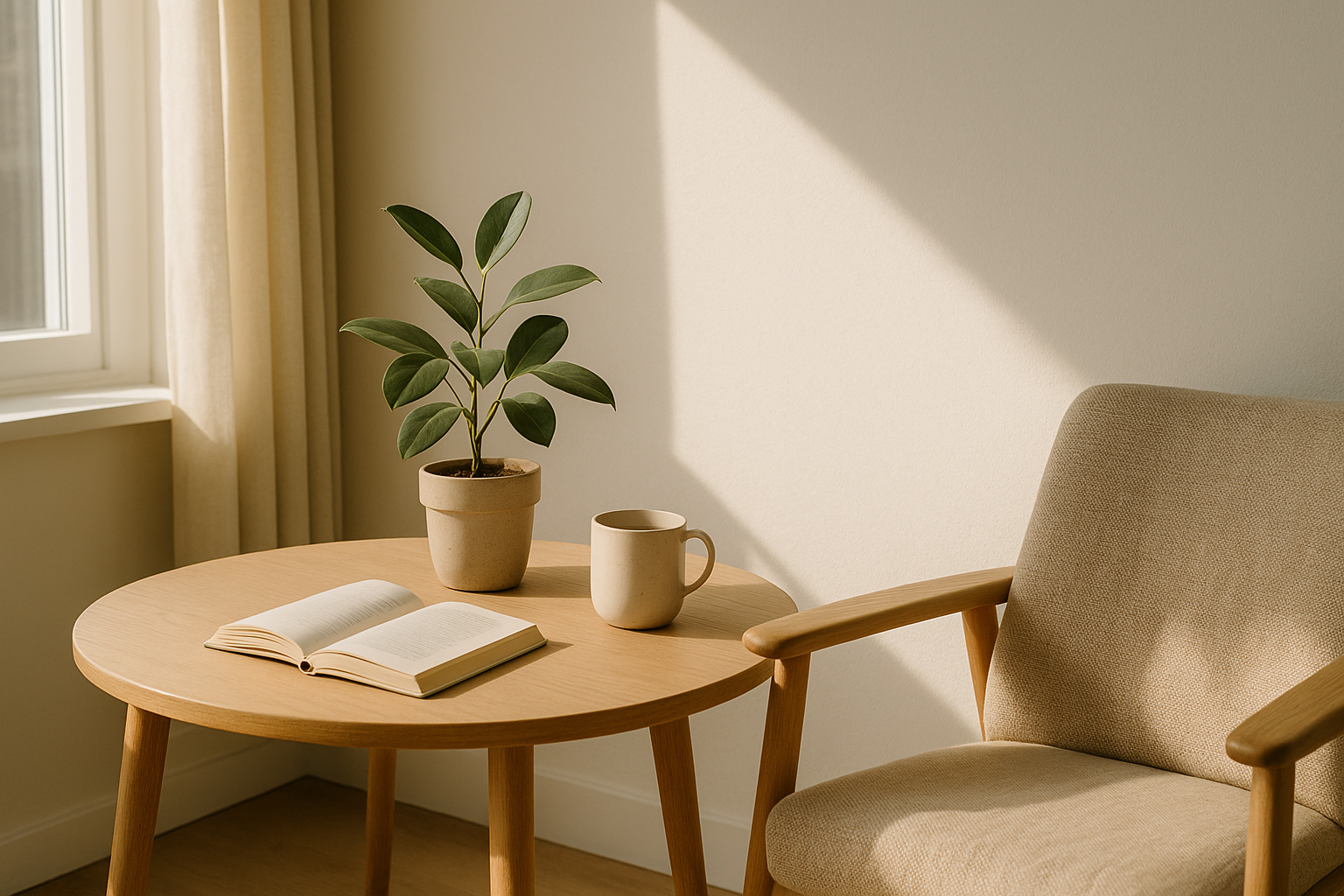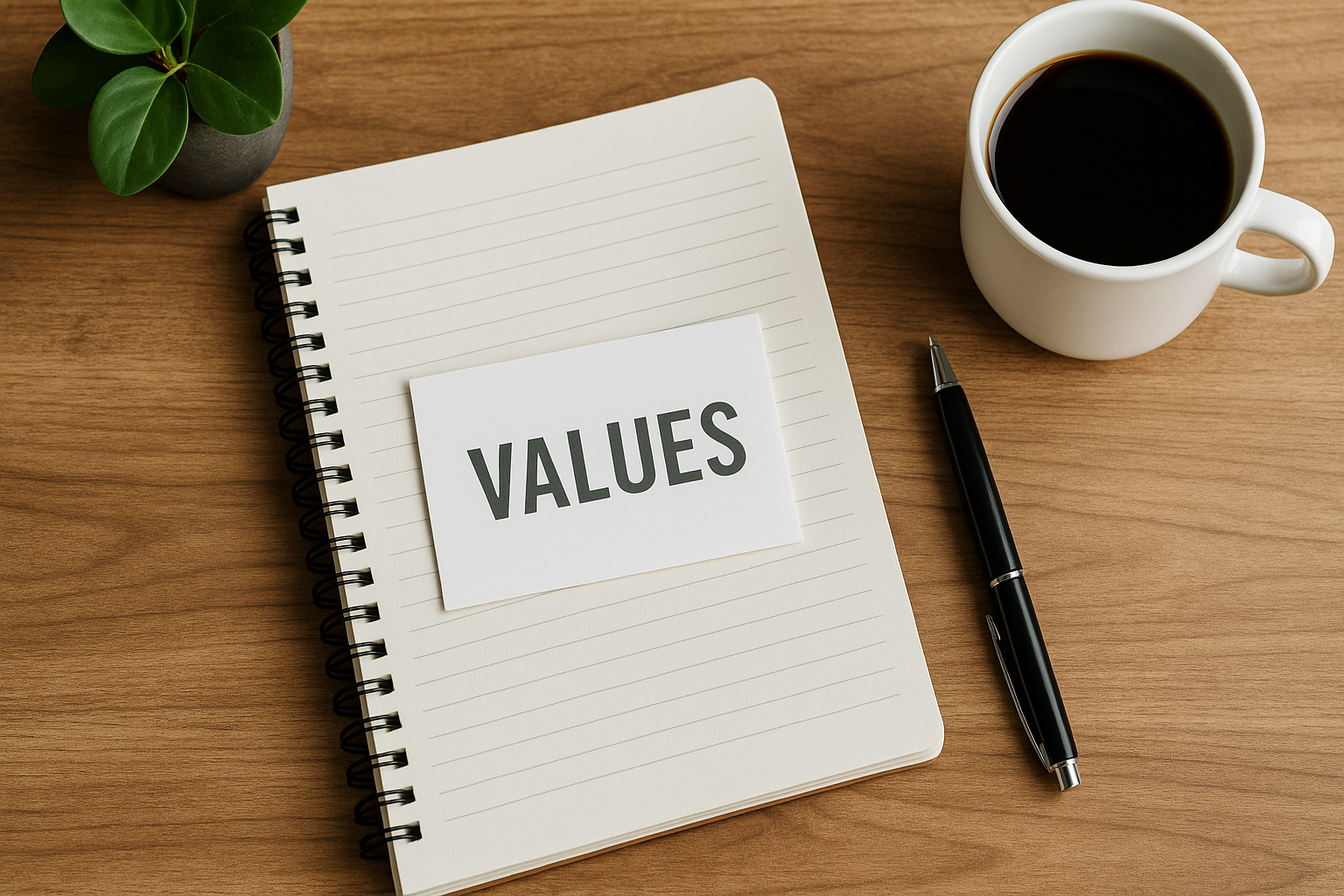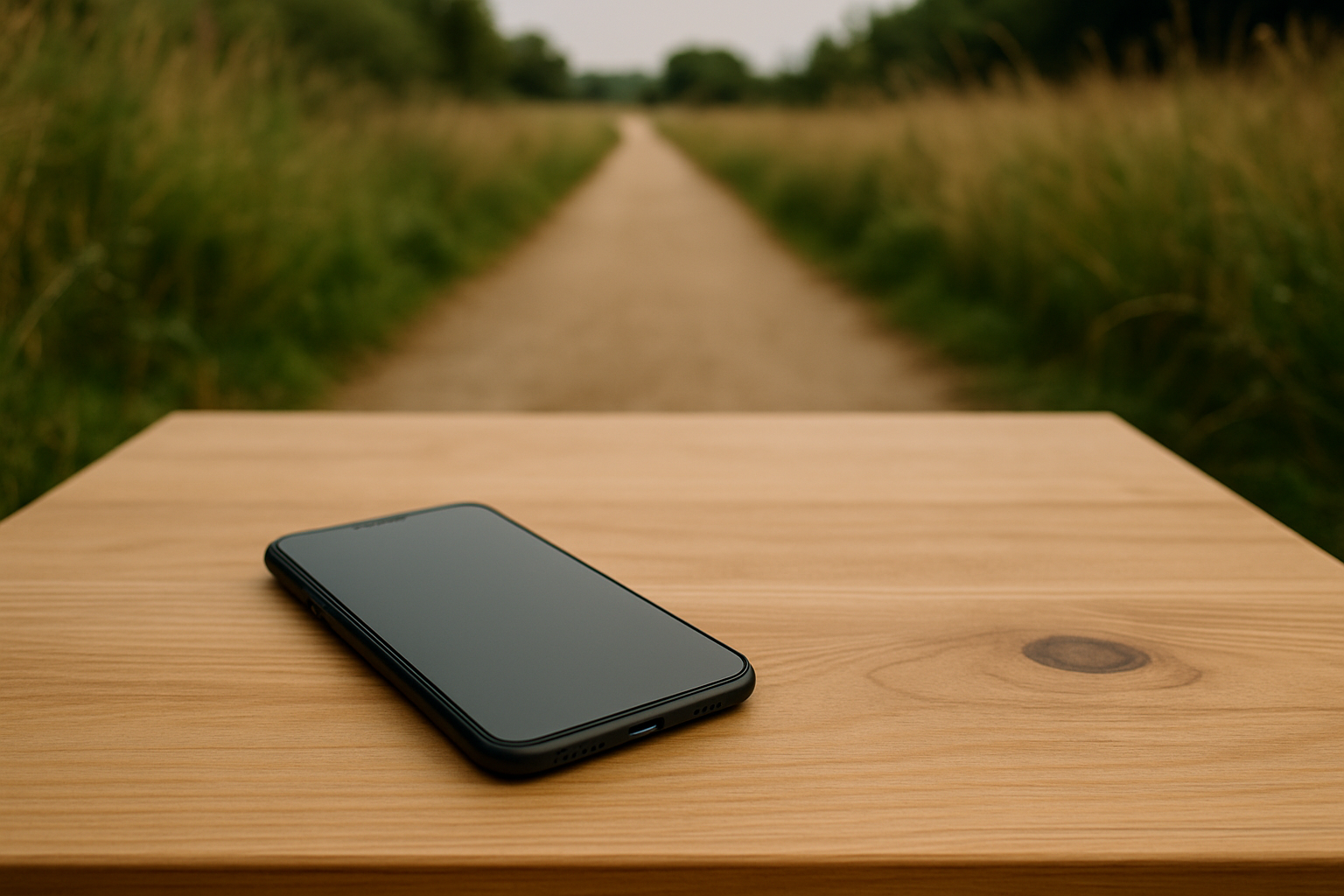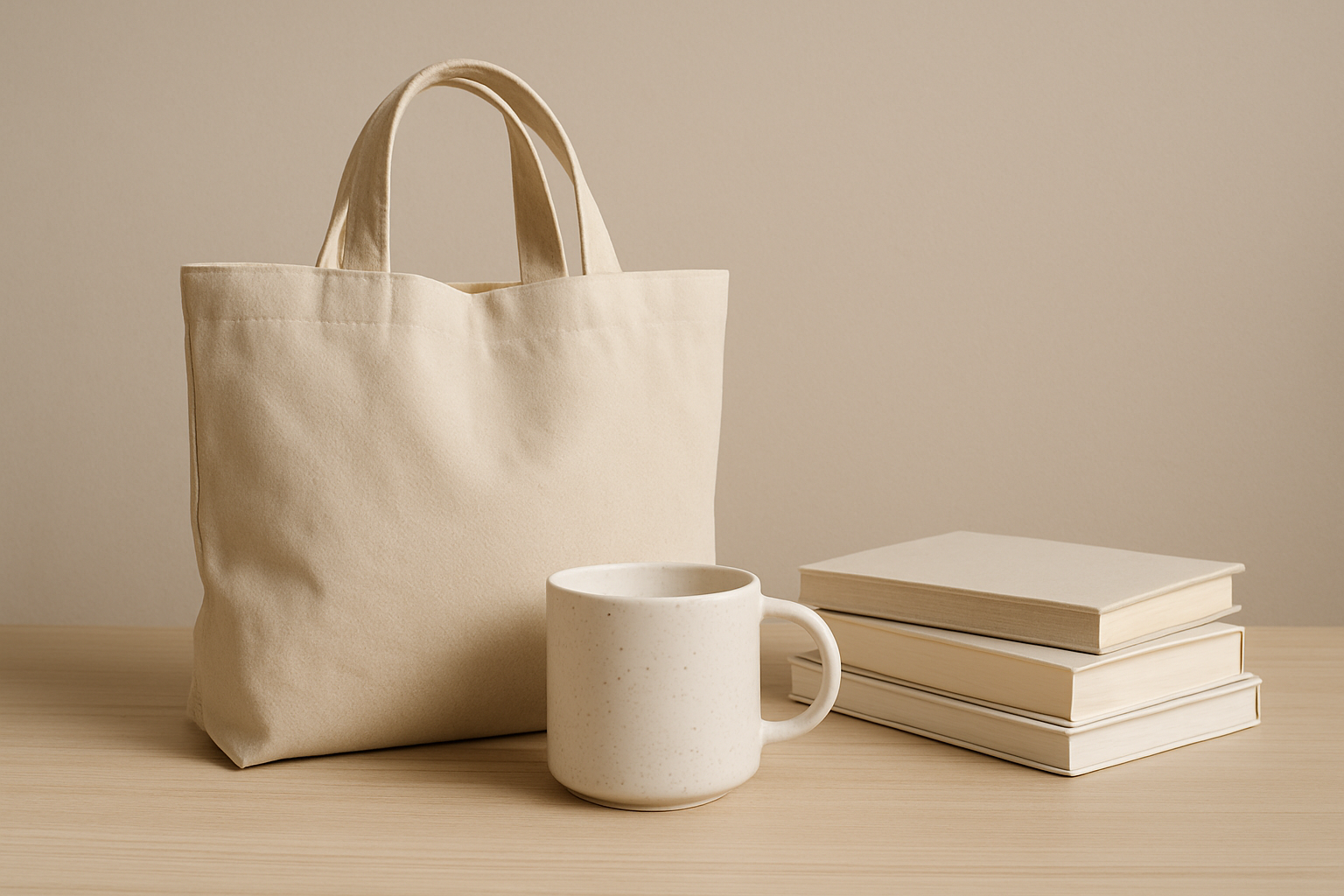Modern life moves at breakneck speed: back-to-back meetings, endless notifications, and a constant push to “do more.” This relentless pace fuels stress and burnout. In contrast, slow living champions a deliberate, mindful lifestyle that emphasizes presence, purpose, and simplicity. This approach isn’t about doing nothing—it’s about choosing what matters and letting go of the rest. In this article, we’ll define what is slow living, explore its benefits, and share practical strategies to slow down and embrace simple living.
What Is Slow Living?
Origins and Philosophy
Inspired by the slow food movement of the 1980s, slow living extends the principle—savor over speed—to every aspect of life. It encourages us to resist the “faster is better” mindset and instead prioritize quality, connection, and well-being.
Core Principles
- Intentionality: Making conscious choices about how you spend time and energy.
- Presence: Fully engaging with each moment, rather than multitasking.
- Simplicity: Streamlining your possessions, schedule, and commitments.
- Connection: Deepening relationships with people, nature, and community.
Why Slow Living Matters
Reduced Stress and Burnout
When you adopt simple living habits—like focusing on one task at a time or carving out regular unplugged moments—you lower cortisol levels and give your mind and body a chance to recover.
Enhanced Creativity and Focus
Slowing down creates mental space. Free from constant rushing, your brain is better able to generate ideas, solve problems, and maintain sustained attention.
Greater Satisfaction and Joy
Mindfully savoring a home-cooked meal, a leisurely walk, or a meaningful conversation amplifies pleasure. These small, intentional experiences build a reservoir of contentment more powerful than fleeting thrills.
How to Begin Your Slow Living Journey
1. Audit Your Time
Track how you spend your days for one week. Identify activities that energize you versus those that deplete you. Look for pockets of unstructured time you can reclaim for rest or reflection.
2. Simplify Your Schedule
Choose three “must-do” activities each day—work tasks, self-care, or social time—and allow everything else to be optional. Practice saying “no” to commitments that don’t align with your priorities.
3. Create Mindful Rituals
- Morning Pause: Spend five minutes journaling or sitting quietly before starting your day.
- Mealtime Mindfulness: Eat without screens, savoring flavors and textures.
- Evening Unplug: Turn off devices an hour before bed to wind down naturally.
4. Declutter Your Environment
Adopt a “less but better” mentality. Clear out items you don’t use or love. A tidy, intentional space reduces visual distractions and promotes calm.
5. Connect with Nature
Even a 10‑minute daily walk outdoors can reset your nervous system. Notice seasonal changes, listen for birdsong, or simply breathe in fresh air.
Overcoming Common Challenges
Feeling Guilty for Slowing Down
Cultural norms often equate busyness with worth. Reframe rest as productive: downtime fuels creativity, resilience, and long-term achievement.
FOMO (Fear of Missing Out)
Instead of trying to do everything, commit to “joyful scarcity.” Choose fewer activities that align deeply with your values, letting others pass without regret.
Pressure from Others
Communicate your new rhythm to family, friends, and colleagues. Share why slowing down matters to you and set clear boundaries around your time.
Living Slowly, Fully
Slow living isn’t a one-time fix but a continuous practice. Begin by incorporating one new habit each week—perhaps a weekly tech-free afternoon or a daily gratitude pause. Over time, these small shifts compound, transforming a life of constant hurry into one marked by calm, purpose, and joy. When you slow down and embrace what is slow living, you give yourself the greatest gift: the freedom to live with intention and truly savor each moment.




